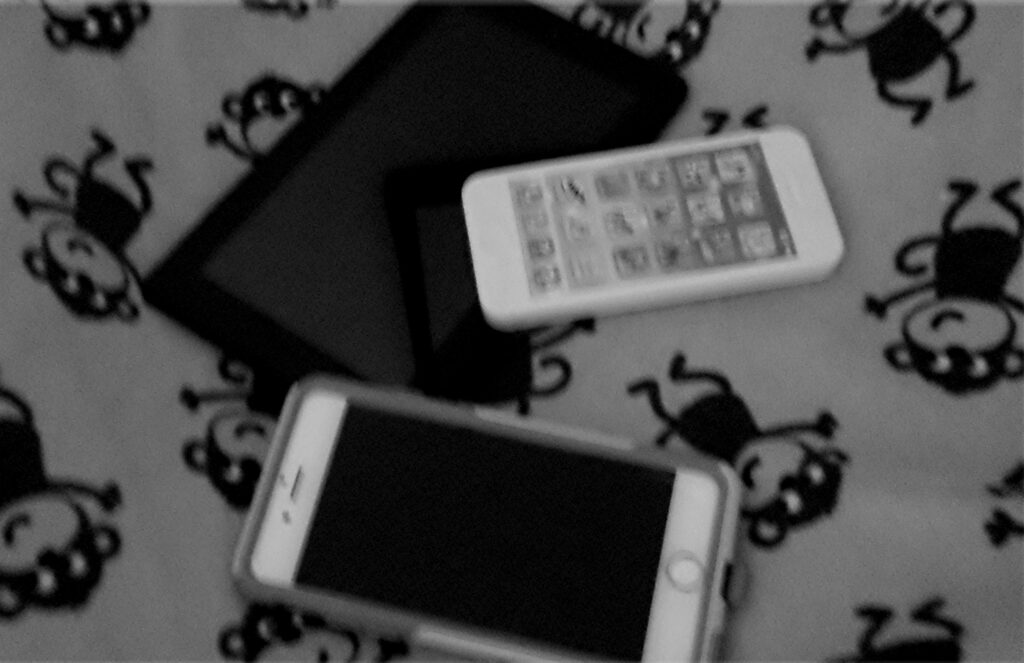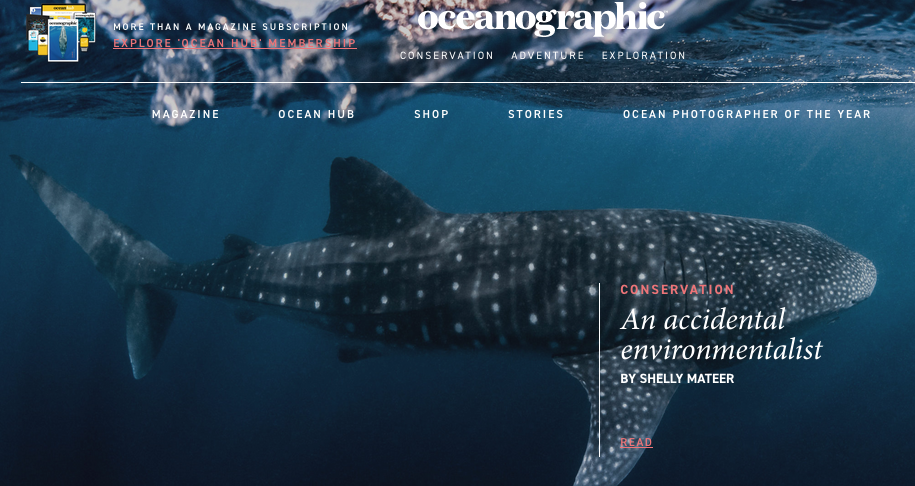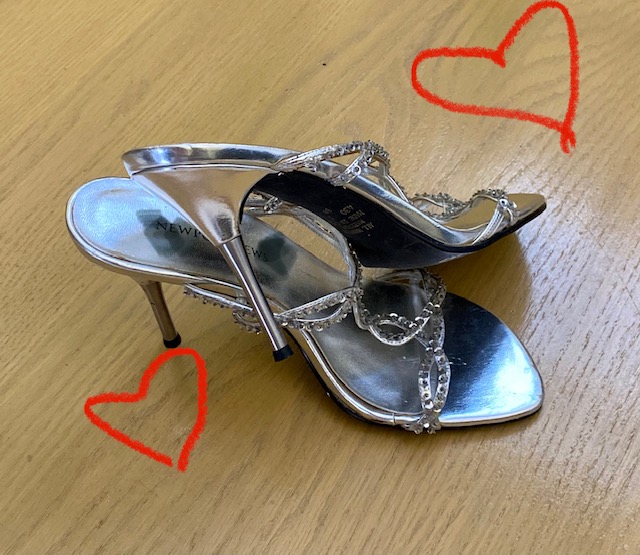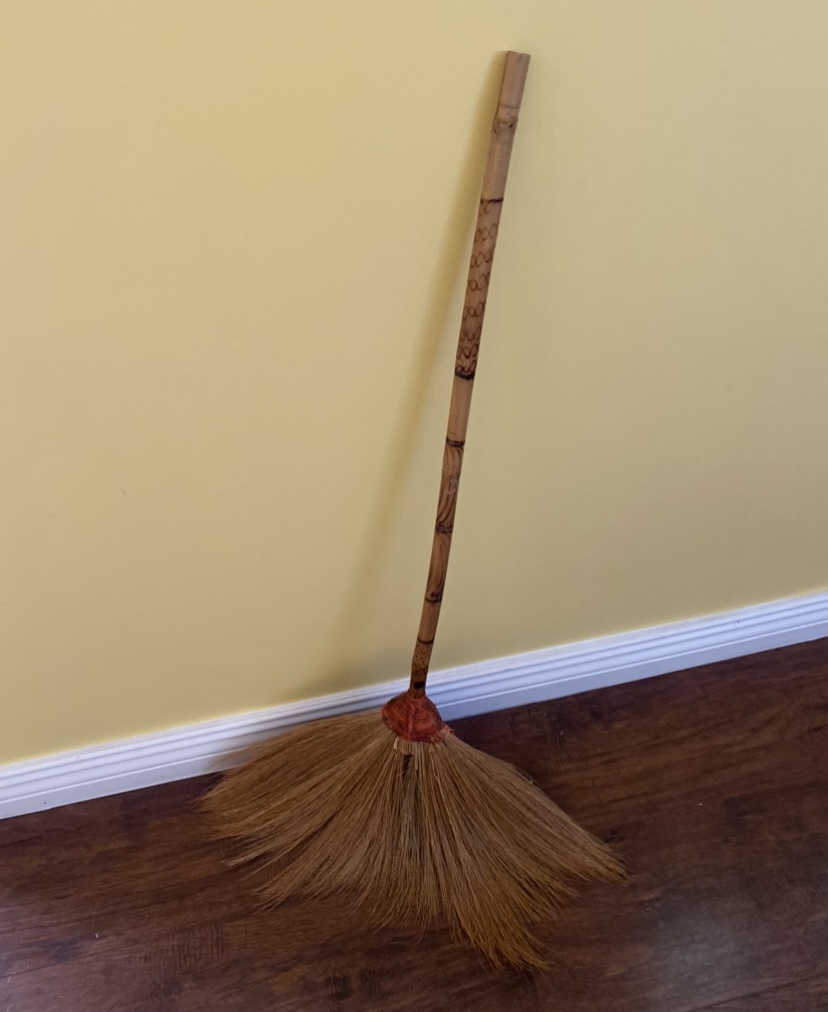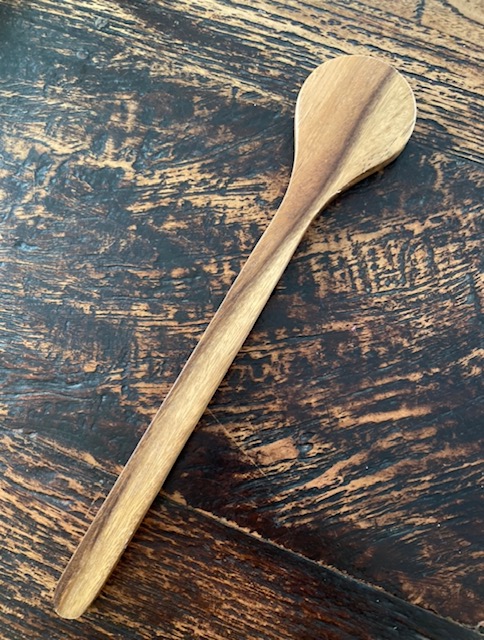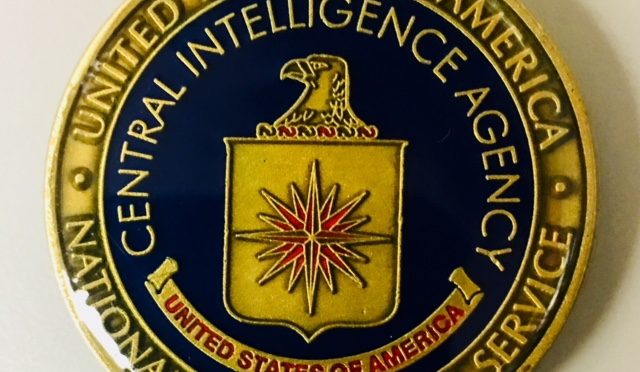There it is, in the pit of my stomach. A creeping feeling, perhaps best described as a feeling of dread, has crept over me each day from as early as I can remember. As an adult it made the simple process of getting out the door every day to go to work an uneasy experience. I fought through the feeling day by day and forced myself to do what I had to do to make a living. Contradicting this feeling, I’ve always had an ability to accomplish goals that most would not have the courage to execute. At twenty-five I moved myself, alone, across the country and established my own home and career, purely out of determination. I’ve traveled all over the globe for months at a time, alone, sometimes staying in foreign countries where I did not speak a bit of the language. I never stayed in a position or situation I didn’t like; I always had some innate courage that has pushed me to live what has turned out to be a very full life. Yet this feeling of dread has been my constant companion and has even grown progressively worse since 2020.
I’ve become curious to see if other people have this feeling. If they are familiar with the feeling, how do they combat it? In my quest to find solutions I recently had the opportunity to interview Sheila Vaske, author of Powerful Mind Powerful Soul. Ms. Vaske was, among other things, the creator of her own jewelry line, V’Enza. She describes her jewelry business as being like one of her children. She was truly guided spiritually to create the line; every piece was birthed by her, and she gave it everything she had. Her mission and purpose of the business was to inspire and heal as many people as she could through her creations. Unfortunately, due to many unfavorable circumstances, Ms. Vaske was forced to let the business go. As the jewelry line was just at the point of scaling into a national brand, the COVID shut downs began. All of the national contracts that were about to come to fruition came to a halt and Ms. Vaske lost everything. She describes this time as one of the first in her life that she grieved. She felt so much pain and became very angry. She was angry about what she had lost and even angrier about what had happened to the world. She recognized that an ugly divide had arisen and created hatred. It took a huge toll on her physical and mental health.
Ms. Vaske was no stranger to health problems. At age eleven, she was diagnosed with scleroderma and told she had five years to live. Coincidentally enough, my grandmother died of scleroderma. If you’re not familiar with this very rare disease, the way it has been described to me is that your body turns into scar tissue from the inside out. It is very painful, making even the slightest touch excruciating. As an infant, I met my grandmother as she was dying in her early fifties. It is extremely rare for a child to have this disease, and Ms. Vaske lost about eighty percent of function in her right hand and arm. She describes the look of her arm as being as if it had been burned in a fire. As expected, this brought on a lot of insecurities as an adolescent.
The turning point for Ms. Vaske was when her ninth grade health teacher spoke of the power of the mind. He said, “Whatever you give attention to has power over you”. Ms. Vaske, who had become a case study at Boston Children’s Hospital, made the decision then and there. She stopped all medications. She stopped going to the hospital and visiting doctors and simply made up her mind that she would no longer give the disease her attention. She would not feel sorry for herself and she would not let it control her.
At that point, her mind took control and changed the trajectory of her life. She began doing everything she could to regain her health and that included function in her hand and arm. Within months, she had regained function of both. People began noticing her arm not because it looked strange, but because it looked amazing. They would compliment, instead of cringe, at the appearance of her arm. This miraculous recovery made her realize the power of our minds.
In today’s world, where so many are struggling with depression and anxiety, I asked Ms. Vaske what her top tip would be for getting through it. Her answer did not surprise me.
Take time out from social media and all media in general. Turn off the television, video games and even movies. Get off of your phone and take ten minutes each day to reflect on you. Pretend you live in a bubble and create your own personal space. Make that bubble beautiful. Stop following the crowds and pave your own personal way. What is good for one person may not be the answer for all. Create your light and spread it everywhere you go.
If you share my constant companion, this feeling of dread, realize you are not alone. The goal is not only to manage this feeling, but to get rid of it. Stop consuming the toxins that are coming at you from all angles and face yourself. Our young people today are the most at risk. As Ms. Vaske so rightly points out, many of them do not use senses any more. Of the five senses, the youth of today perhaps use one or two. They have lost touch with their intuition because everything is done, said, and felt for them. They are the ones who truly need the older generations’ help. Suicides, depression, and anxiety are the real pandemic. We can be the teachers and achieve change by example. Perhaps this is the remedy that can at least placate my constant companion. Maybe it can be yours too.
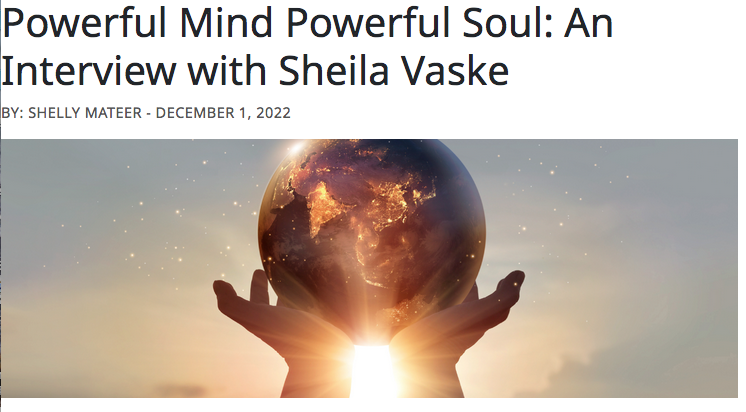
This article was originally published on OpsLens.
